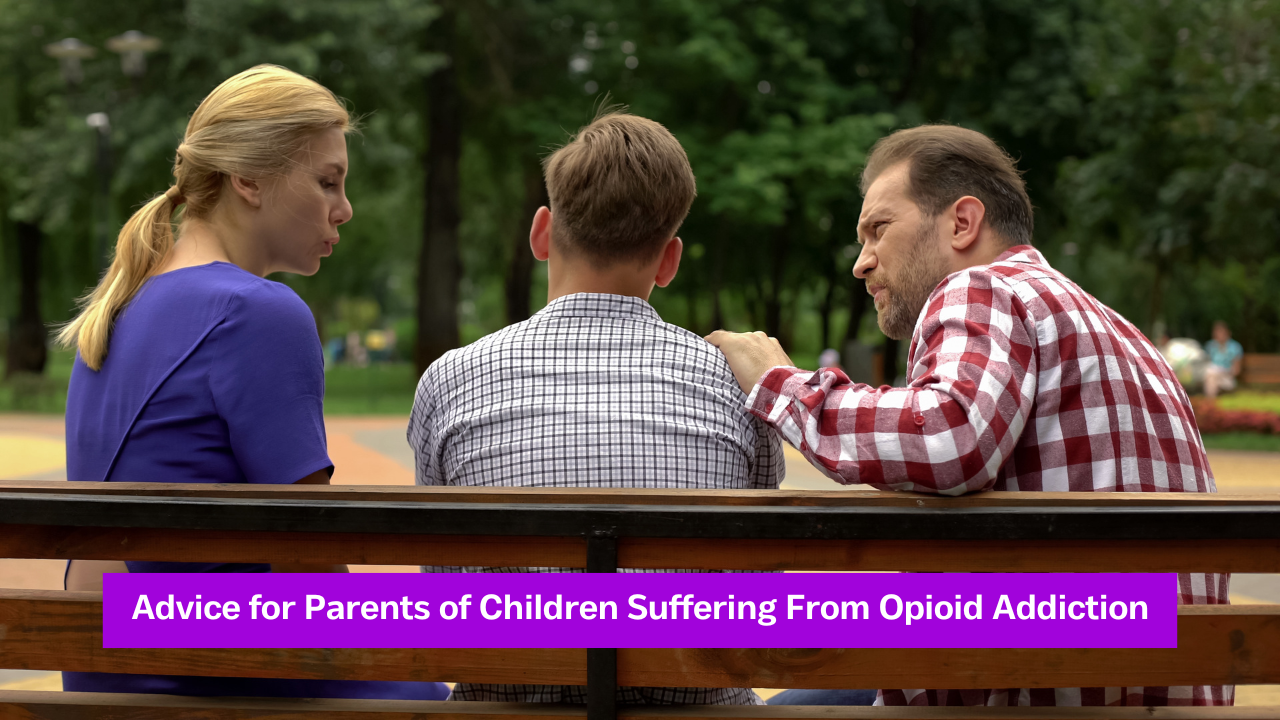If you are the parent to someone struggling with opioid addiction, then you’re likely desperate for any resources to help your child get better. Opioid abuse can be scary, and the person you love dearly can become a shell of themselves with little desire to stop.
While opioid addiction is a serious problem, there are many strategies you can employ to help. One of the most effective treatment options is medication-assisted-treatment (MAT). The benefits of using Suboxone for MAT include a reduced urge to use a drug and eased withdrawal symptoms.
Advice for Parents of Children Suffering From Opioid Addiction
While treatment is incredibly effective, it must be used with other strategies to help your child make the right choice. To aid in this, we’ve got some good advice you can take advantage of below!
Inform and Communicate
An important starting point is to inform and communicate with your child.
Specifically, you’ll want to inform your child of the risks of opioid abuse fully. It can be easy to overlook or be unaware of health risks when they’re blinded by the euphoria experienced during drug use.
Having a better idea of the risks gives them a reason to pause before using it. Ensure that they know it is easy to overdose, and they cannot always be sure of what’s in the drugs they take.
That said, keeping your child informed cannot guarantee that they will refrain when the time is right. For this, you’ll want to keep an open line of communication with your child so they feel comfortable telling you about their experiences and problems, opening the door to help them further down the line. If your kid cannot trust you, they won’t accept your help.
The more you connect with your child about their struggles, the greater you’ll be able to help them overcome them.

Limit Access
It is also extremely helpful to limit your child’s access to opioids and other medications. The more difficult it is for your kid to access opioids, the harder it is for them to abuse them.
An easy way to do this is by communicating with your child’s physician and noting their medication dosage. Only provide access to the medication as instructed.
This situation is tricky because your child likely began using opioids due to a genuine injury that required relief. The relief may have been too good and resulted in abuse.
If you remove your child’s access to what makes them feel good, they may resent or blame you. This is another reason communication is so important. They must fully understand why they’re being restricted and that you’re truly helping them.
Keep the medicine cabinet locked and monitor your kid while they use their prescriptions. Don’t forget to remove any old or unused medications you might have lying around.
Lead By Example
Finally, you should aim to lead by example.
Kids learn the most from their parents because that’s who they spend the most time with. If they see you doing something, they will be curious about it and want to try it themselves.
This means that you need to be healthy about how you use medication. Staying sober around your children is the best way for them to appreciate healthy living and avoid the temptation of wanting to do something bad.
The demands of juggling being a parent and managing a career can be incredibly stressful, but your actions are always being watched. Finding healthy ways to cope with stress and using medication responsibly will teach your kid to do the same.
Closing Thoughts
As a parent, the last thing you want to see is your child struggle with anything. Opioid addiction is particularly heartbreaking because it can be difficult to effectively help your child and make them understand the risks they are facing.
Your best options include a mixture of medicine and therapy combined with the right support at home. In addition, you should aim to inform your child of the risk of opioid abuse and open lines of communication, limit their access to opioids and other medications, and lead by example by demonstrating good habits.
All you want to do is help, and you must try as hard as possible. Your child may not always be receptive, but the more available you make yourself, the greater your chances of being there when they do need you.




